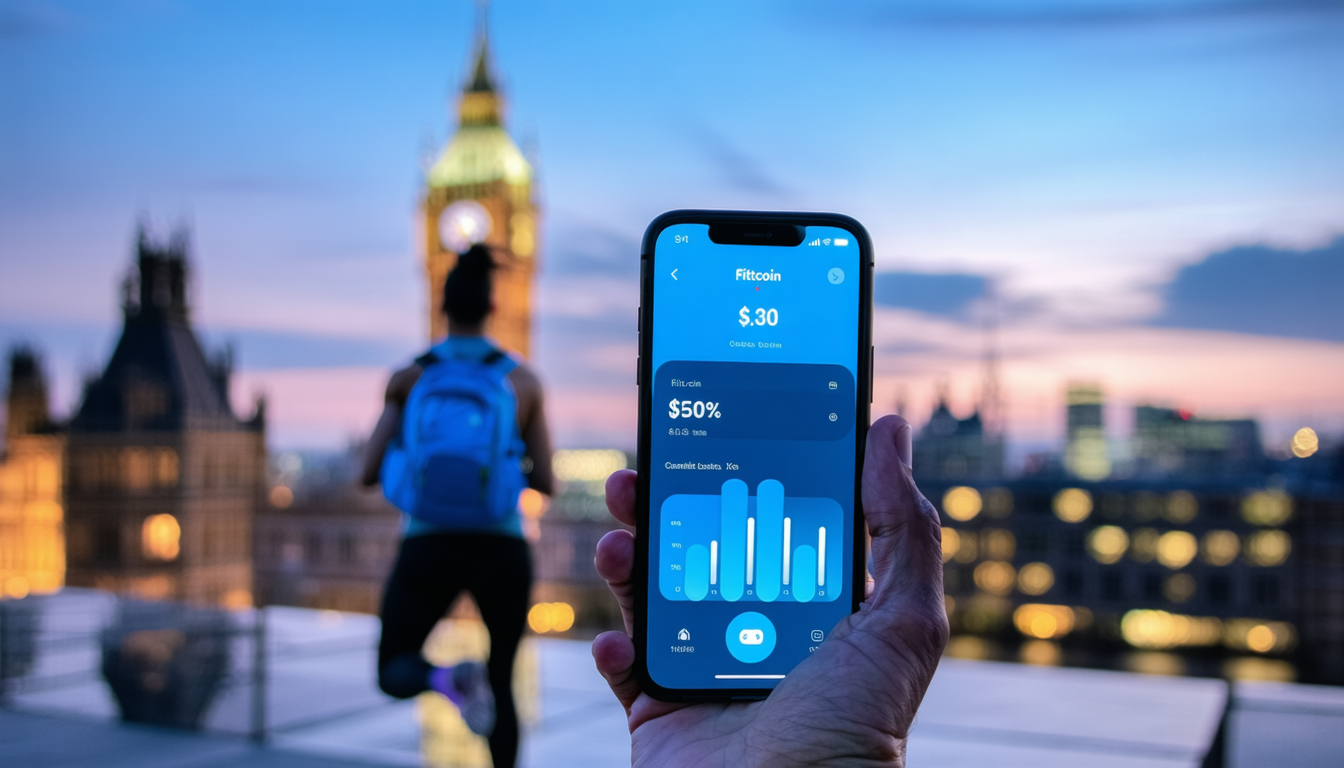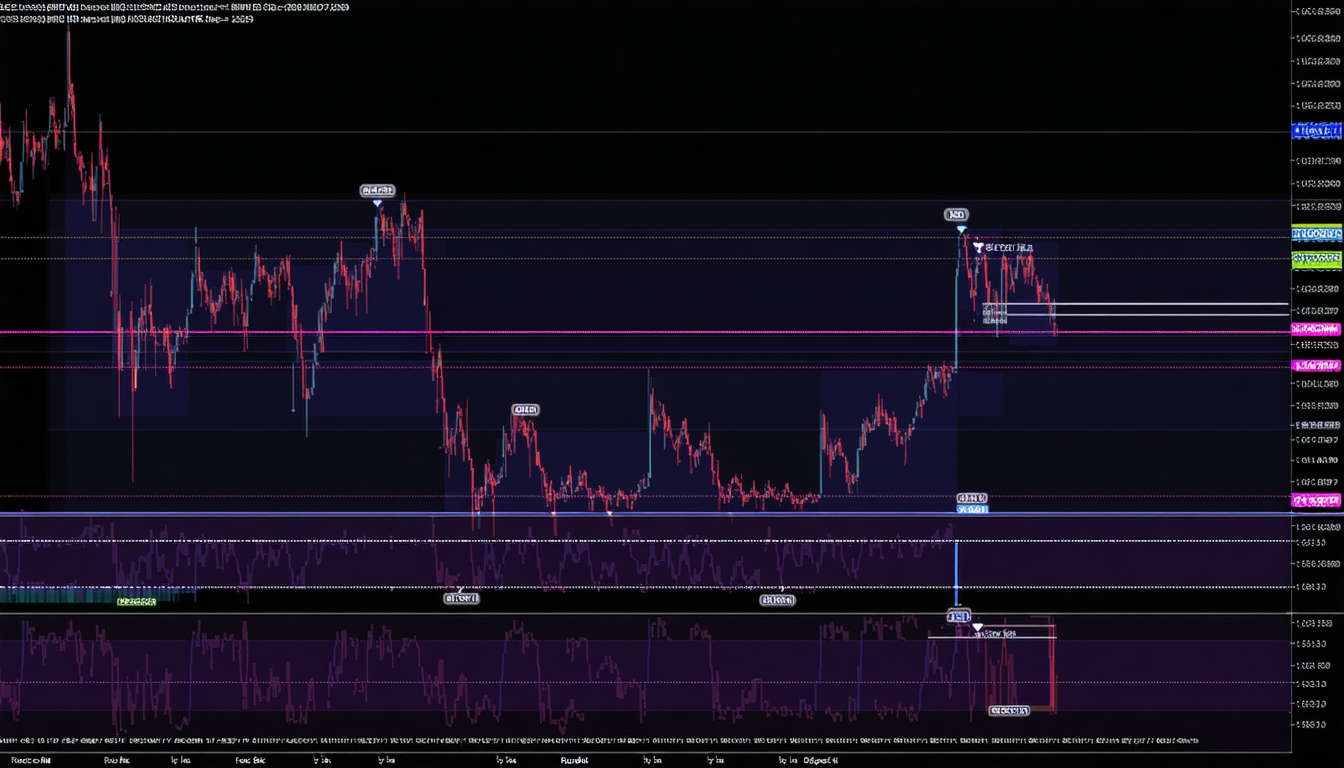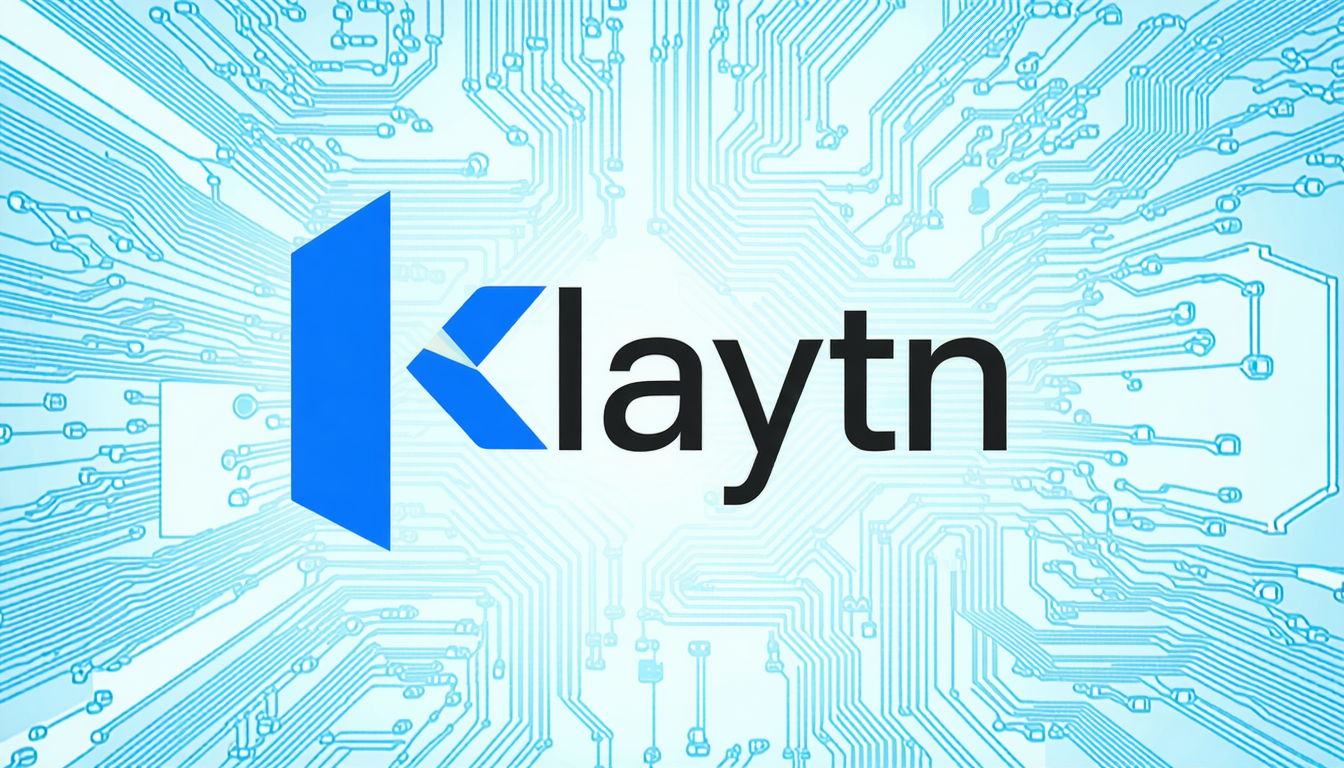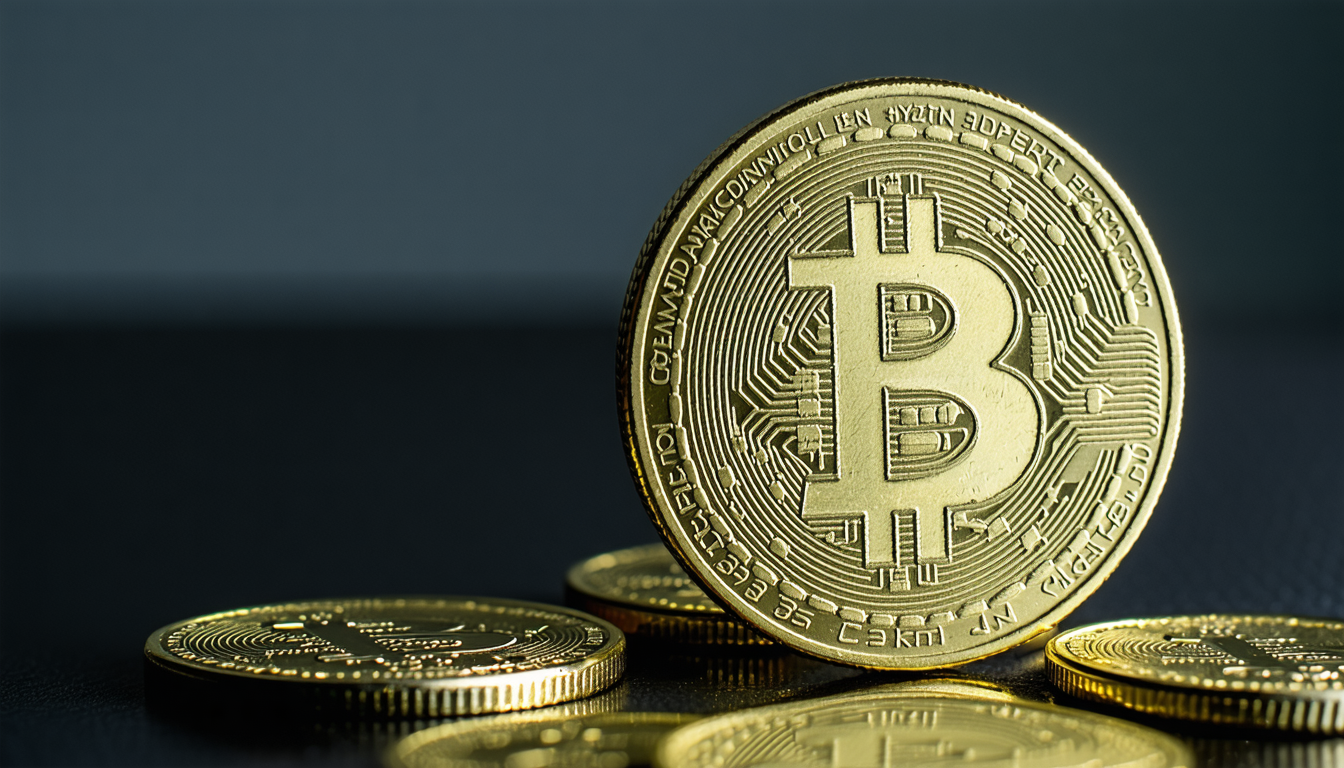Binance UAE is accelerating its expansion in the United Arab Emirates, leveraging the region’s progressive regulatory environment to introduce new crypto services and strengthen its position as a leading digital asset platform. The move comes as Dubai and Abu Dhabi continue to attract global blockchain firms with clear guidelines and robust infrastructure, positioning the UAE as a major hub for cryptocurrency innovation.
Binance’s Strategic Growth in the UAE
Binance, one of the world’s largest cryptocurrency exchanges, has been steadily increasing its footprint in the UAE since securing key licenses from local regulators. The company has launched a suite of offerings tailored for both retail and institutional clients, including spot trading, staking products, and over-the-counter (OTC) services. This expansion aligns with Binance’s broader strategy to operate within compliant frameworks while tapping into high-growth markets.
According to industry analysts, Binance’s focus on compliance has helped it gain trust among regional investors. “The regulatory clarity provided by authorities in Dubai and Abu Dhabi gives Binance an edge over competitors,” said crypto market strategist Lina Al-Mansouri. “It allows them to innovate while ensuring user protection—a balance that is crucial for long-term adoption.”
Recent Regulatory Changes in Binance UAE
The past year has seen significant developments in how digital assets are regulated across the Emirates. In 2024, Dubai introduced new rules under its Virtual Assets Regulatory Authority (VARA), setting out licensing requirements for exchanges like Binance operating within its jurisdiction. These measures include strict anti-money laundering protocols and consumer safeguards designed to foster transparency.
Abu Dhabi Global Market (ADGM) also updated its framework earlier this year to accommodate more complex financial instruments such as tokenized securities—further broadening opportunities for platforms like Binance UAE.
- VARA licensing ensures all customer funds are segregated.
- Exchanges must conduct regular audits.
- Enhanced KYC/AML checks required at onboarding.
These steps have reassured both users and institutional partners about safety standards on licensed platforms.
Market Impact: Adoption Trends & User Growth
The impact of these changes is evident in rising adoption rates across the country. Data from market research firms show that crypto transaction volumes through licensed exchanges—including Binance—have doubled since mid-2024. Retail participation remains strong among young professionals seeking alternative investments outside traditional banking channels.
Institutional interest is also surging; several family offices based in Dubai have begun allocating capital into digital assets via regulated entities such as Binance UAE. According to fintech consultant Omar Rahman:
“We’re seeing unprecedented demand from high-net-worth individuals who want exposure but require assurance their assets are protected under local law.”
This trend mirrors broader shifts across global markets where regulatory certainty drives mainstream acceptance of cryptocurrencies.
Innovation: New Products & Partnerships
In response to growing demand, Binance recently rolled out new features exclusive to Middle Eastern users:
- Arabic-language support across web/mobile platforms
- Sharia-compliant investment options
- Direct AED fiat onramps via partnerships with local banks
Additionally, collaborations with real estate developers now allow property purchases using select cryptocurrencies—a move inspired by recent initiatives such as Dubai Land Department’s $325 million real estate tokenization project using blockchain technology[1]. While not directly affiliated with Ripple or similar projects yet, industry observers expect further integration between digital asset providers like Binance UAEs and traditional sectors soon.
Challenges & Perspectives From Stakeholders
Despite rapid progress there remain challenges ahead—especially around cross-border transfers which still face scrutiny due to international anti-money laundering concerns. Some critics argue that even robust domestic regulation cannot fully eliminate risks associated with volatile markets or cyber threats inherent within decentralized finance ecosystems[3].
However proponents point out that ongoing dialogue between regulators and industry leaders sets a positive precedent globally:
“The collaborative approach taken by Emirati authorities could serve as a blueprint for other jurisdictions,” noted legal advisor Fatima Khalid during last month’s Blockchain Summit Middle East conference.
“It demonstrates how innovation can thrive without compromising security or investor confidence.”
Future Outlook: What Lies Ahead For Crypto In The Region?
Looking forward experts predict continued growth driven by three main factors:
- Ongoing government support for fintech innovation zones
- Expansion of product offerings catering specifically toward regional preferences
- Increased interoperability between legacy financial systems & blockchain networks
With major events such as Expo 2025 expected to draw further attention—and investment—to emerging technologies including Web3 applications—the role played by established players like Binance UAE will likely become even more pivotal over coming years[4].
Conclusion
As Binance UAE deepens its roots amid evolving regulations and surging user interest it stands poised at the forefront of MENA’s rapidly transforming financial landscape—offering secure access points into global crypto markets while helping shape best practices adopted worldwide.
















Leave a comment